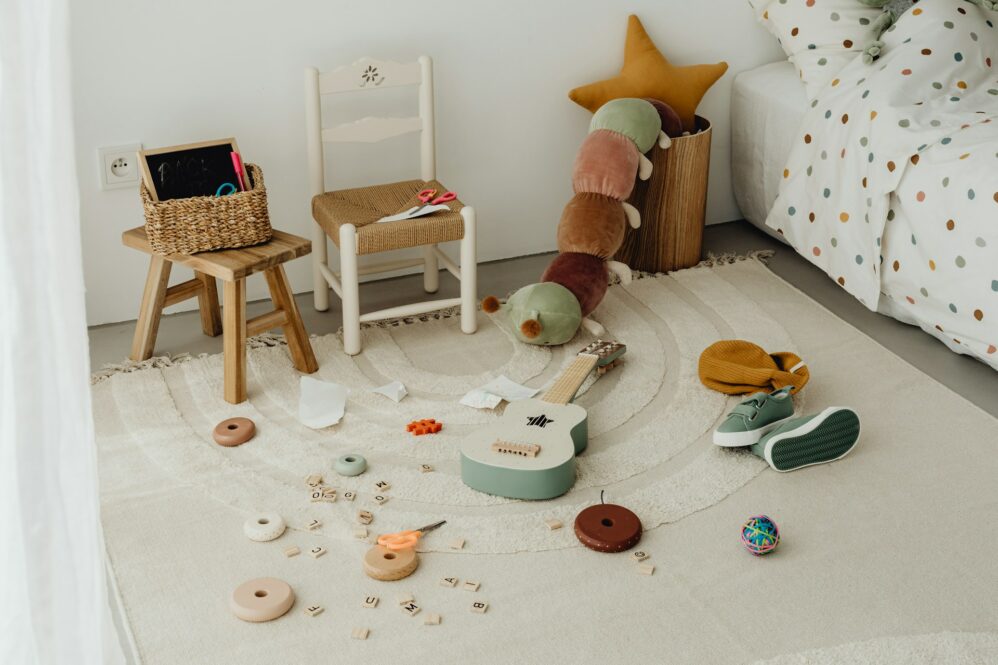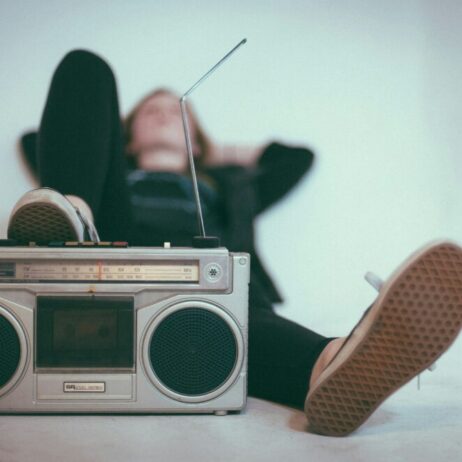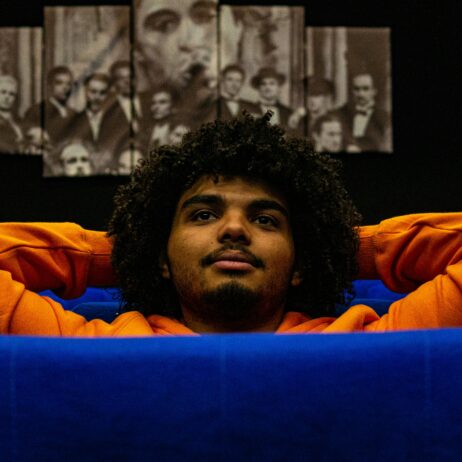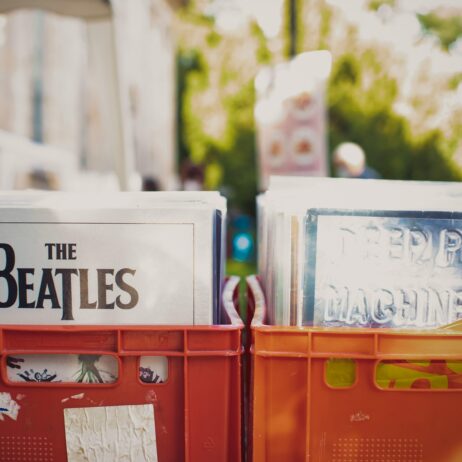A children’s toy could put an artist to the top of the album charts in the future

Forget streaming. Nowadays, you can also get on the music charts by inserting a colourful piece of plastic the size of a credit card into a portable audio device aimed at children aged 3-13.
At the beginning of this month, the UK’s official listings company OCC approved music cards purchased for Yoto devices as an eligible format. The consequences were immediate: Elton John’s hit collection Diamonds peaked at number 8 in the album charts after the release of the Yoto card. The Beatles‘ year-old Yoto albums Red and Blue also made it to number 55 and 73 on the chart.
To reach number one in the UK album charts nowadays requires sales of around 7,500 copies. Each Yoto card is equivalent to one album sale, while on a streaming service an album has to be listened to hundreds of times before it counts as one sale. Yoto cards can therefore have a significant impact on an artist’s ranking in the charts.
A Yoto card costs £11.99, the equivalent of a month’s Spotify subscription or the price of a CD in the 1990s. The price may sound steep, but the makers of Yoto believe in the cards’ potential to be collectible.
Collecting physical music formats is a growing trend. The biggest pop star of the moment, Taylor Swift, released her album Midnights (2022) in several different colour vinyl, CD and cassette versions. Yoto also offers something to hoard for collectors tired of the digital age: Elton John’s Diamonds was released as four different Yoto cards, including comic book images.
But can children’s colour picture cards be the music industry’s saviour at a time when revenues from streaming services are low and touring costs are higher than ever?
Today’s artists have to find ever more creative ways to make money. Singer Kate Nash announced last month that she would fund her tour by posting butt photos on the OnlyFans website. Lily Allen is doing the same with pictures of her feet; she has said she makes more money from a thousand OnlyFans subscribers than from eight million monthly Spotify listeners.
Yoto cards can provide artists with an alternative source of income. But it does not solve the problems of the music business. Yoto is an audio device for children, which naturally limits its target audience. It is also unclear whether all children, let alone young teens, want to consume or collect music in physical form, or whether it is more a matter of their parents’ preferences.
For a children’s audio company, Yoto’s range of cards is surprisingly senile. In addition to Elton John and the Beatles, there’s music by Queen, Bob Marley and the Spice Girls, for example. However, Yoto’s founder and CEO Ben Drury has assured that the company will continue to release album cards from contemporary artists. Agreements have already been signed with independent labels including Universal, Sony and Warner.
So far, Yoto is doing well. Its equipment has sold millions of copies worldwide and it has attracted big-name backers. The Beatles’ Paul McCartney has invested in Yoto three times, and in July Facebook’s Mark Zuckerberg and his wife Priscilla Chan invested $11 million in the company through their charitable trust.




